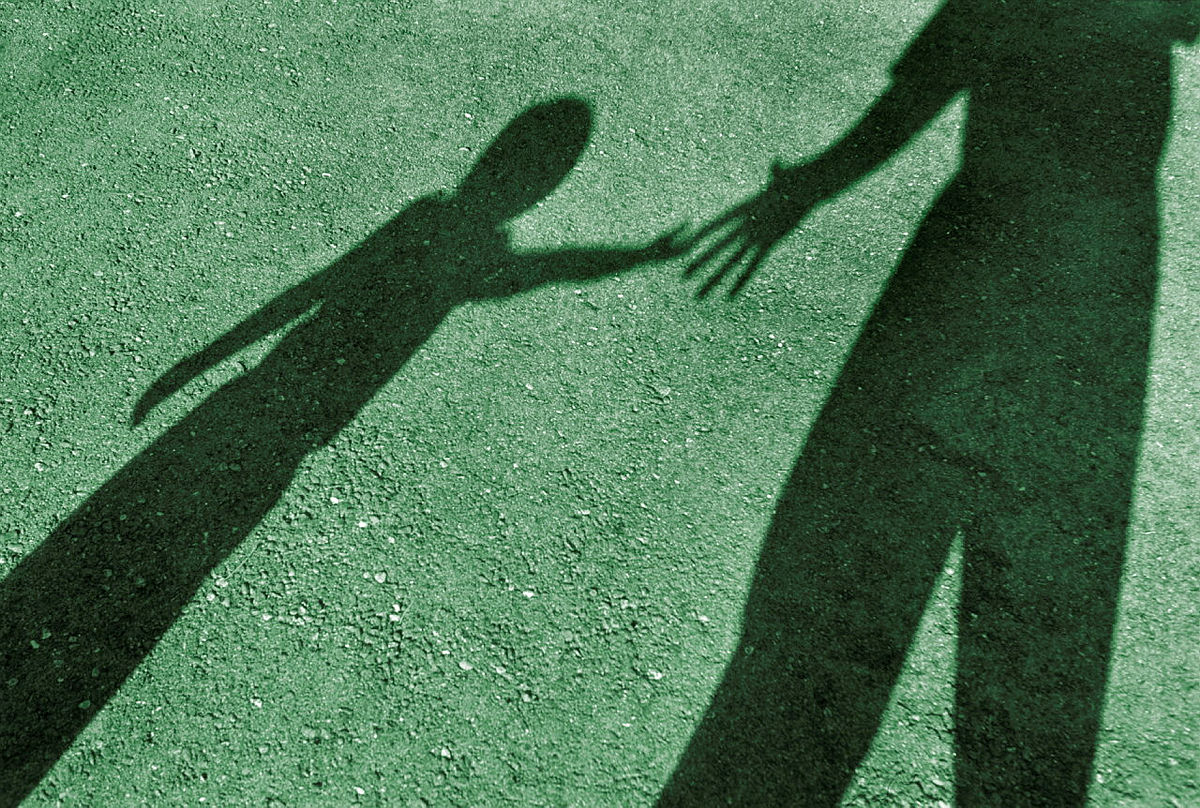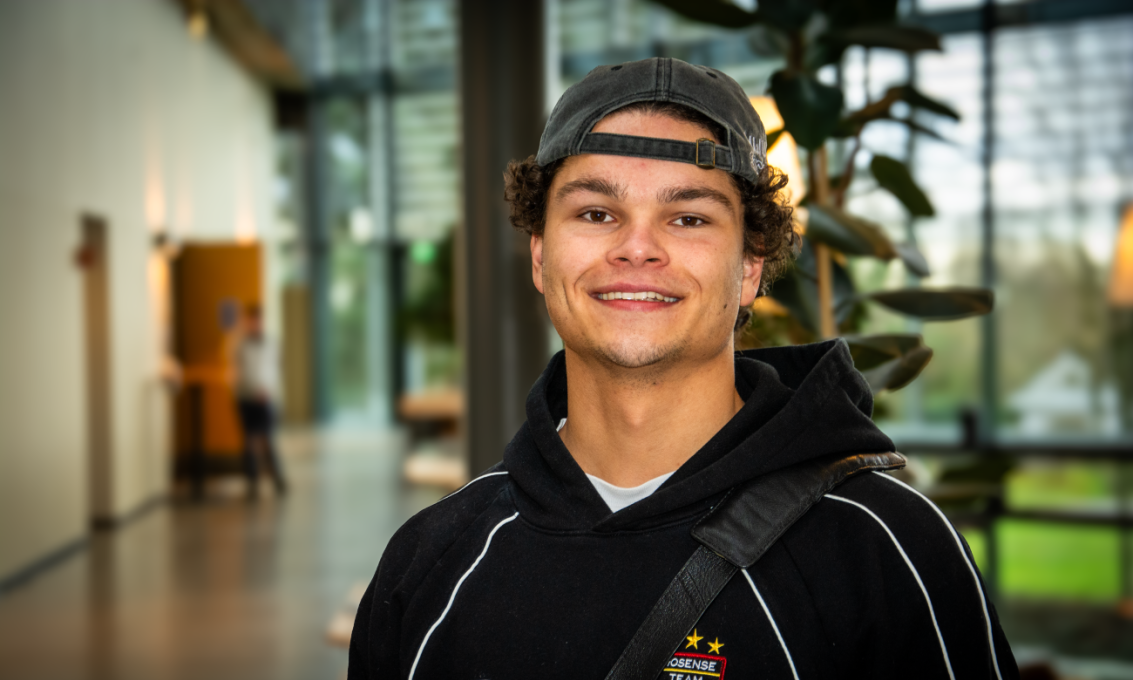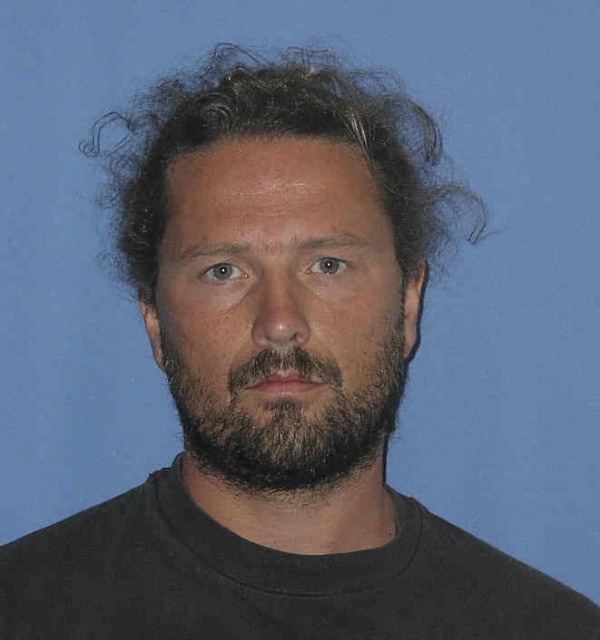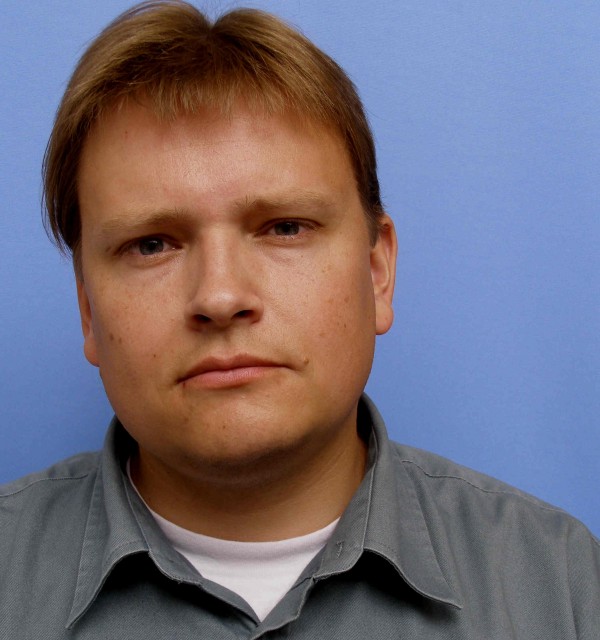Vil du bidra til at barn og unge får en god oppvekst? Som barnevernspedagog spiller du en viktig rolle i å identifisere barn, unge og familiers behov og hjelpe mennesker i utsatte livssituasjoner.
3 år, 6 semestre
180
105
2024: 41 / 39,1 (ORD / førstegang)
15. april via Samordna opptak.
Om studiet
- Bidra til en bedre oppvekst. Som barnevernspedagog hjelper du barn og unge som står i fare for, eller allerede har, sosiale og psykiske utfordringer. Du bidrar til å skape en tryggere fremtid for dem.
- Lær å kommunisere og bygge tillit med barn, familier og offentlige instanser, og utvikler ferdigheter som gjør deg trygg i møter med mennesker i krevende situasjoner.
- Få bred fagkunnskap. Få innsikt i psykologi, jus, helse, samfunnsvitenskap, pedagogikk og spesialpedagogisk arbeid – alt du trenger for å forstå og hjelpe barn og unge med ulike utfordringer.
- Test det du lærer i praksis. I fjerde semester har du 22 ukers veiledet praksis. Da jobber du direkte med utsatte barn, unge og deres familier – i Norge eller utlandet.
- Jobb der barn og unge er. Med en bachelor i barnevernsarbeid kan du jobbe i barnevernet, skoler, fritidsklubber og andre steder hvor barn og unge i utsatte livssituasjoner befinner seg.
Dette studiet er underlagt forskrift for skikkethetsvurdering.
Hovedgrunnen til at jeg valgte dette studiet, er at jeg elsker å hjelpe andre. Følelsen av å hjelpe andre gir meg veldig mye.
Hva kan du bli?
Bachelorgraden i barnevern gir yrkestittel barnevernspedagog. Da kan du jobbe i
- statlig eller kommunal barnevernstjeneste
- institusjoner
- barne- og ungdomspsykiatri
- forebyggende og oppsøkende arbeid
- skole og barnehage
- barn og unges fritidsarena
- frivillige organisasjoner
Videre utdanning
Bachelorgraden i barnevern kvalifiserer blant annet til:
Når man tar dette studiet, har man veldig mange muligheter. Man trenger ikke bare å jobbe i barnevernet. Man kan for eksempel også jobbe i institusjoner, Nav eller barnefengsel.
Learning outcomes
All study programmes at the UiS have a set of defined learning targets. Read more about the learning outcome for this study programme.
Knowledge
The candidate:
- has broad knowledge about the child welfare service’s social mandate, partners, the distribution of responsibilities and tasks in welfare administration, interdisciplinary, interagency and interprofessional collaboration
- has broad knowledge about assessment and understanding of the best interests of children, the rights of children and families, applicable Norwegian and international legislation relevant to the field of child welfare, as well as relevant legal methods
- has broad knowledge about children’s upbringing, childhood, socialisation, learning, formation and development, work related to families and networks, interaction and developmental supportive care.
- has broad knowledge about neglect, abuse and violence, substance abuse and mental health; possible causes, expressions and consequences
- has broad knowledge about communication, conflict management and collaboration in a society characterised by diversity, and knowledge about inclusion, non-discrimination and equality, so that the candidate helps to ensure equal services for all groups in society
- has knowledge about the status and rights of the Sámi people as indigenous people, and Sámi children’s right to an upbringing where their ethnic, linguistic and cultural affiliation is emphasised
- has knowledge about their own profession and professional ethics, ethical values, dilemmas and issues within the field of child welfare
- has knowledge about various pedagogical methods and measures within milieu therapy and other work related to child welfare
- has knowledge about the philosophy of science and social science methodology, and knowledge about relevant debates, research and development work, and innovation processes
- can update their knowledge about the relationship between health, education, work, socio-economic factors and living conditions, both in relation to individuals and groups in society, in order to contribute to good public health and work inclusion.
- has digital skills, including knowledge about children’s everyday digital life, digital security, and can assist in the development of and use suitable technology at both individual and system levels
Skills
The candidate:
- can apply research knowledge, experiential knowledge and knowledge from children, young people and parents as a basis for knowledge-based practice in encounters with children, young people and families in their own services, and refer further if necessary
- can apply knowledge-based methods, relevant legal rules, theories and professional discretion in a culturally sensitive manner for the benefit of children and families in a culturally diverse society
- can use experience and knowledge to build relationships, collaborate and communicate in a way that promotes inclusion and participation, and ensure the participation of children and young people
- can apply a broad and multidisciplinary platform of knowledge in work related to milieu therapy and social education, as well as master preventive and health-promoting work in arenas where children and young people can be found
- can apply academic knowledge to communicate and collaborate appropriately with children, young people and parents/guardians, and can talk to children about topics such as neglect, violence and abuse
- can apply academic knowledge and expertise to initiate and lead interdisciplinary, interagency and interprofessional collaboration
- can reflect critically on their own and the service’s practice, power relations and professionalism in encounters with children and families
- can apply academic knowledge in a methodical and scientific manner to professional development, quality improvement and service innovation
General competence
The candidate:
- can use knowledge and experience to investigate, facilitate, implement, document, analyse, assess and evaluate child welfare work in an ethical and professionally sound manner
- can investigate, analyse, plan, implement, justify, evaluate and document child welfare work both independently and together with others
- can document and communicate professional assessments, orally and in writing
- has insight into and can safeguard the rights of children, young people and families, and help ensure children’s best interests and equal services in a society characterised by diversity
- can use knowledge, skills and experiences to meet children, young people and families in a vulnerable life situation with understanding, empathy and recognition
- has insight into their own preconceptions, attitudes and values, and the importance of relational skills in child welfare work, and can manage ethical issues within the subject area and their own service provision
Study plan and courses
Enrolment year: 2025
-
Compulsory courses
-
Child development and developmental environment
Year 1, semester 1
Child development and developmental environment (BBA101)
Study points: 15
-
Children and youth at risk
Year 1, semester 1
-
Welfare policy and welfare organisation
Year 1, semester 2
-
Welfare law
Year 1, semester 2
-
Socio-pedagogical work with children and youth
Year 2, semester 3
Socio-pedagogical work with children and youth (BBA201)
Study points: 15
-
Work in child welfare service
Year 2, semester 3
-
Research Methods
Year 3, semester 5
-
Profession, complexity and cooperation
Year 3, semester 5
-
Reflexivity, change, innovation and diversity
Year 3, semester 6
Reflexivity, change, innovation and diversity (BBA303)
Study points: 15
-
Bachelor's thesis
Year 3, semester 6
-
-
Choose term 4 placement at UiS or Exchange study
-
Term 4 placement at exchange study
-
Term 4 placement at UiS
-
Practical studies
Year 2, semester 4
-
-
Praksis
Praksis skal gi økt kompetanse av relevans for barnevernspedagogens arbeidsområder. I dette arbeidet står etisk vurderte handlinger sentralt.

Praksisstudiet er veiledet, variert og vurdert, og inngår som en integrert del av utdanningen.
Du skal videreutvikle din profesjonelle identitet og forståelse for sammenhengen mellom teori og praksis.
Praksisen skal gi økt kompetanse av relevans for barnevernspedagogens arbeidsområder. I dette arbeidet står etisk vurderte handlinger sentralt.
Praksis er en god mulighet til å få relevant arbeidserfaring, og er en obligatorisk del av bachelorprogrammet i barnevernspedagogikk.
Internt reglement for praksis - Institutt for sosialfag (pdf).
Spørsmål om søking og opptak?
Slik søker du opptak (samordnaopptak.no).
På UiS kan du også søke på grunnlag av realkompetanse.
Kontakt oss
Send oss spørsmål om søking og opptak.
Søke om overflytting til 2. studieår?
Studenter som kvalifiserer til det kan søke om overflytting til 2. studieår.
Gjennom praksisen fikk jeg erfaring med å lede grupper, jobbe individuelt med enkeltbarn med spesielle behov og erfaring rundt samarbeidet mellom skole/SFO og foreldre. 22 uker er ganske lenge, man får muligheten til å virkelig komme inn i dybden på arbeidslivet.
Student exchange
By going on exchange to one of our partner institutions abroad as part of your studies, you will have an opportunity to get a unique education. In addition to improving your career opportunities, you grow as a person and gain the ability to greater reflect on the topics you study as part of your degree.
Exchange semester
4th semester (supervised professional training).
As a student on the bachelor's program in child welfare, you have the opportunity to go on exchange in the 4th semester of your studies. This means that the exchange constitutes the professional training of your education. Exchange is a unique opportunity to gain international experience and to make your education stand out.
For more information on exchange, see UiS's exchange pages.
Exchange programme - supervised professional training
Through one of our partner institutions abroad, you will be offered an approved internship with a supervisor.
We offer two different types of internships abroad; through partner universities and directly to organsations. Those who go to universities abroad must follow this university's own supervised training course and the requirements set by this university. The partner university is also responisble for finding an internship for our students. Those who go to exchange under the auspices of organizations and foundations must be prepared to follow the internship program of the University of Stavanger. This includes participation in a pre-practice seminar (if possible) and submission of mandatory work requirements. You will be told which course you will follow well in advance of your departure.
All students who complete an internship abroad are assigned a contact teacher at UiS. Students abroad undertake to maintain ongoing contact with the person responsible for exchange and assigned contact teacher throughout the internship period.
The application process
The deadline for applying for an exchange is 1 September in the autumn before the supervised professional training.
Which institutions we get internships at may vary from year to year, and we therefore recommend that you choose based on which country you want to go to.
All applicants following the child welfare education must attach a letter of motivation in English to the application. Here you should write a little about yourself and your motivation for applying for an exchange. This letter will be forwarded to your place of exchange as a presentation of you. It can also be used in the distribution of internship places, if you and another student are competing for the same place and have the same score. Particularly relevant language competence can count in your favour.
Students going on exchange must have passed all 1st year exams on the program before they can travel abroad.
More information about the application process.
Kontaktperson
Academic supervision: International coordinator Andeas Håheim
Preliminary and final approval: Student Advisor Yri Helene Ljosdal
General questions about exchange: The outbound exchange guide in Digital student service desk
See where you can travel
Studentlivet i Stavanger
Liknende utdanninger
Kontakt oss
Faculty Administration SV
Administration IS







